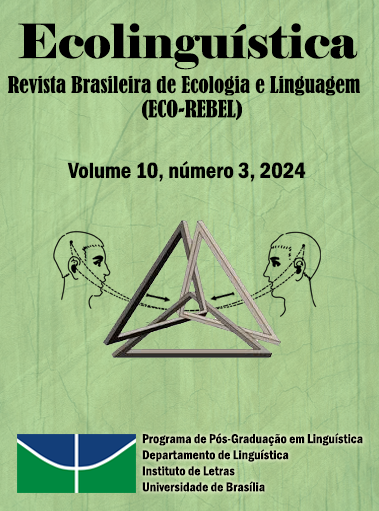O Neuromarketing e a construção dos arquétipos sociais por meio do storytelling: construções da diversidade nas campanhas do Boticário
Keywords:
Neuromarketing; Arquétipos; Storytelling.Abstract
A presente pesquisa investiga elementos de storytelling em 4 propagandas audiovisuais do O Boticário. A análise dos materiais foi feita sob a perspectiva do neuromarketing (ZALTMAN, 2003), da relação próxima do consumidor com as marcas (JENKINS, 2009), do uso de arquétipos para agregar valor à marca (JUNG, 2000; MARK E PEARSON, 2003) e da criação de narrativas marcantes (PHILLIPS, 2012). Na etapa empírica trabalhou-se com método neurocientífico com o uso do eye tracking, a fim de verificar qual foi a área mais observada do comercial. O objetivo da investigação foi verificar a recepção destas campanhas e as estratégias adotadas pela marca. Através do experimento, observou-se que todos os grupos demonstraram sentimentos de empatia e envolvimento com as narrativas, independente de estarem ou não incluídos em minorias sub-representadas na mídia. Isso demonstra uma mudança de olhares com relação ao outro e uma contribuição da publicidade no sentido de “ativação de causas” (LIMA, 2015).
Downloads
Downloads
Published
How to Cite
Issue
Section
License
Copyright (c) 2024 Ecolinguística: Revista brasileira de ecologia e linguagem (ECO-REBEL)

This work is licensed under a Creative Commons Attribution-NonCommercial-NoDerivatives 4.0 International License.
Authors who publish in this journal agree to the following terms:
Authors retain copyright and grant the journal the right of first publication. The work is simultaneously licensed under the Creative Commons Attribution License allowing the sharing of the work with acknowledgment of the authorship of the work and initial publication in this journal.
Authors are authorized to enter into additional contracts separately for non-exclusive distribution of the version of the work published in this journal (e.g., publishing in institutional repositories or as book chapters), with acknowledgment of authorship and initial publication in this journal.
Authors are allowed and encouraged to post and distribute their work online (e.g., in institutional repositories or on their personal page) at any point before or during the editorial process, as this can bring about productive revisions as well as increase impact.
Citation of published works (See The Effect of Free Access).



3.png)



